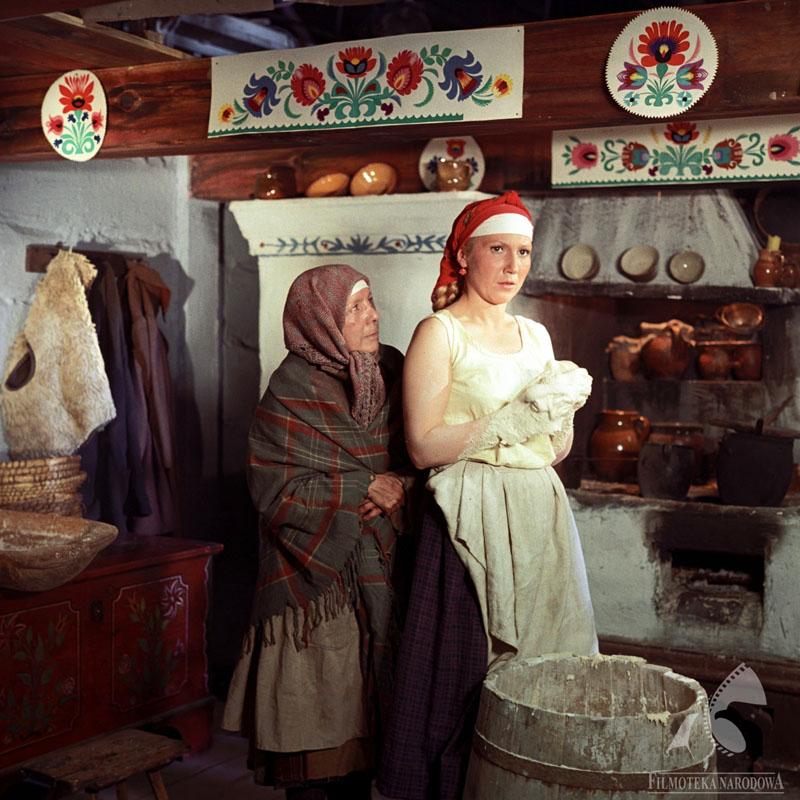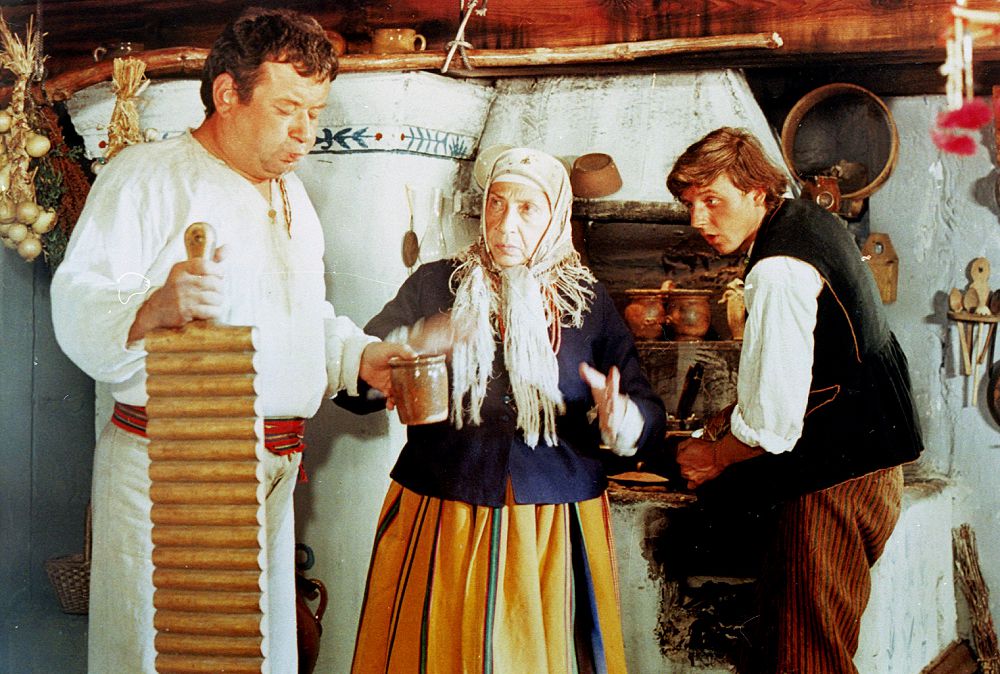|
|
Post by jeanne on Jul 13, 2019 22:11:42 GMT 1
Forgive me if this topic has been covered before, but if it has, I can't find it!
I just finished reading Rejmont's The Peasants in four volumes (Autumn, Winter, Spring, Summer). I found it very interesting, if somewhat disturbing (especially the ending).
Some of his themes reminded me of Dostoevsky (for example, father and son competing for the same woman, as in The Brothers Karamazov) ;and his subject matter reminded me of Tolstoy (peasant life).
Has anyone read all four volumes? How are these books viewed in the history of Polish literature? Favorably, unfavorably, perhaps now forgotten?
|
|
|
|
Post by Bonobo on Jul 16, 2019 15:29:44 GMT 1
Forgive me if this topic has been covered before, but if it has, I can't find it! I just finished reading Rejmont's The Peasants in four volumes (Autumn, Winter, Spring, Summer). I found it very interesting, if somewhat disturbing (especially the ending). Some of his themes reminded me of Dostoevsky (for example, father and son competing for the same woman, as in The Brothers Karamazov) ;and his subject matter reminded me of Tolstoy (peasant life). Has anyone read all four volumes? How are these books viewed in the history of Polish literature? Favorably, unfavorably, perhaps now forgotten? I was supposed to read one volume at school but I skipped it because I had more interesting stuff to read than descriptions of peasant life.   . I read only best parts. Also I watched parts of the TV series with famous actors. As for the reception of the book, yes, it is considered a masterpiece, after all he got Nobel for it. But I think most people only know it exists and hardly anybody bothers to read except high school students (probably) or Polish language students (a must). So, yes, it is a bit forgotten. It is sometimes available on the net but I am not sure about English subtitles.    |
|
|
|
Post by jeanne on Aug 15, 2019 23:47:48 GMT 1
I was supposed to read one volume at school but I skipped it because I had more interesting stuff to read than descriptions of peasant life.   . I read only best parts. Also I watched parts of the TV series with famous actors. As for the reception of the book, yes, it is considered a masterpiece, after all he got Nobel for it. But I think most people only know it exists and hardly anybody bothers to read except high school students (probably) or Polish language students (a must). So, yes, it is a bit forgotten. It's true that much of the writing is descriptions of peasant life...but also, probably why it is considered great literature is because of the human story that plays out over the course of the one year consisting of the four seasons which he writes about. The human qualities, both virtues and (many) failings are something common to every era of time; and we can all see ourselves and those we know depicted in the peasant costumes of the characters we come to know in the four volumes!  |
|
|
|
Post by Bonobo on Aug 21, 2019 7:46:59 GMT 1
probably why it is considered great literature is because of the human story that plays out over the course of the one year consisting of the four seasons which he writes about. The human qualities, both virtues and (many) failings are something common to every era of time; and we can all see ourselves and those we know depicted in the peasant costumes of the characters we come to know in the four volumes!  Yes, it must be beautifully rendered in the novel, yet the peasant garb was never attractive to me. I would certainly not take it to the desert island with me, I prefer other books. |
|
|
|
Post by jeanne on Aug 21, 2019 23:49:32 GMT 1
Yes, it must be beautifully rendered in the novel, yet the peasant garb was never attractive to me. I would certainly not take it to the desert island with me, I prefer other books. Okay, so that is a good segue to asking you what books you would take to a desert island?   |
|